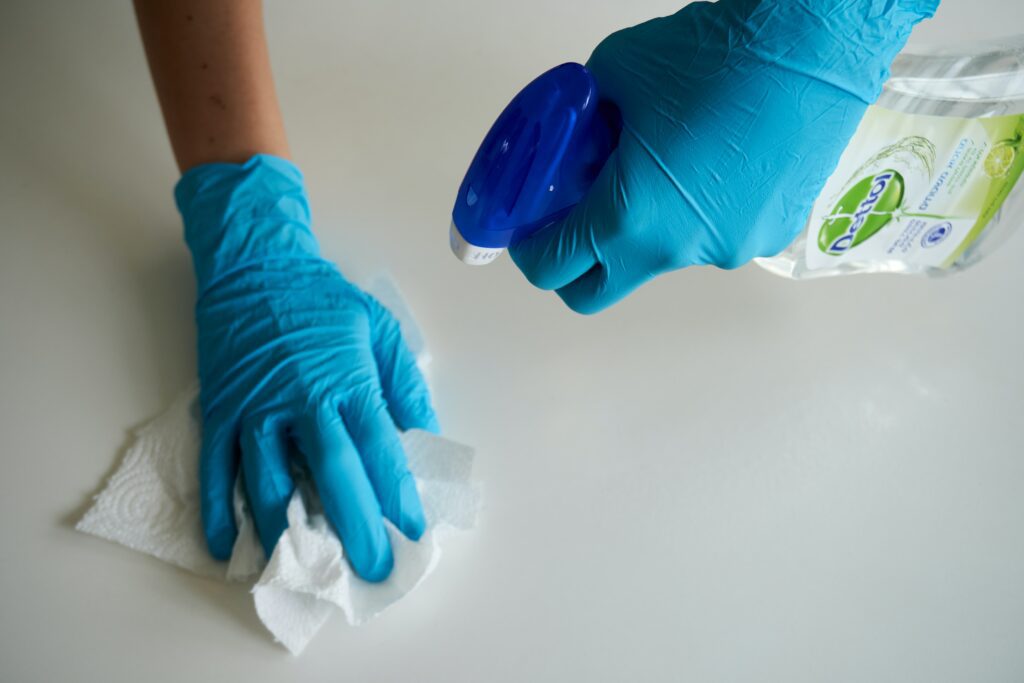When people think of obsessive-compulsive disorder (OCD), excessive hand-washing or spending hours cleaning are common stereotypes. But whether you think you might have OCD or are concerned about a friend or family member, it’s important to know that OCD is about so much more than cleaning. OCD is a prevalent mental health condition that can be chronic and affects millions of people in the US alone. OCD has been ranked by the World Health Organization among the top 10 most disabling conditions.
People with OCD experience unwanted thoughts, images or urges that cause debilitating distress and lead them to perform repetitive compulsive behaviors in an attempt to temporarily relieve their anxiety. What characterizes the condition isn’t the specific intrusive thoughts or compulsive actions, but the fact that they are ongoing and intense and consume at least one hour each day.
Examples of different OCD symptoms
People with OCD experience a wide range of symptoms, and there are many different subtypes of this disorder. For some people, their OCD is centered around their relationships, while for others it’s centered around their religion and being faithful. Other subtypes focus on the need for symmetry and having things be “just right” or a fear of harming someone. Some people even experience multiple subtypes simultaneously, or find that the focus of their OCD changes over time.
OCD tends to latch on to what’s most important and valuable in your life, whether that be your relationship or faith. For this reason, many people do not know they have OCD until it is activated through specific life circumstances. For example, someone with relationship OCD may only experience symptoms when they get into a romantic relationship and begin to experience intrusive doubting thoughts and compulsions.
What the OCD cycle looks like
Even though OCD takes many forms and affects different parts of a person’s life, it follows the same cycle regardless of the subtype. That cycle looks like this:
- Obsession: Repetitive thoughts, images or urges fill your mind
- Distress: You feel like the thoughts must be significant, because they won’t go away, and they bother you
- Compulsion: You begin to repeatedly perform a behavior you think will reduce stress
- Temporary relief: The compulsions ease your anxiety, but only temporarily
- Repeat: The obsession or distress returns and the cycle begins again
There are countless ways this cycle can unfold, and even with a subtype, people’s obsessions and compulsions can vary significantly. For example, contamination OCD is one of the more common subtypes, but compulsions extend far beyond cleaning. People with this subtype may experience compulsions like blocking off a room in their house that is clean and off-limits to others, throwing away clothes they fear are contaminated or avoiding people they deem might be contaminated.
What makes cleaning a part of OCD isn’t the action itself but the fact that it is a compulsive behavior that is a response to obsessive thoughts. This is important because so much of what a person with OCD experiences takes place internally (intrusive thoughts and fear) and is invisible to an outside observer. Regardless of the subtype, or whether the person engages in cleaning to combat obsessions or another compulsion to prevent contamination, it is important to remember that the compulsion only offers short-term relief and actually maintains the cycle via negative reinforcement.
How to find treatment
For OCD, exposure and response prevention (ERP) therapy is the gold standard method of treatment for any subtype. The good news is that this treatment has been found to be up to 80% effective, and the majority of patients experience results within 12 to 25 sessions.
So if you’re reading this and wondering whether you might have OCD, and you want to learn more about treatment, you can set up a free call with our clinical team today. All of our therapists are specifically trained in ERP therapy and specialize in working with patients with OCD. ERP has been found to be most effective when it’s conducted by a therapist who has experience with OCD.

